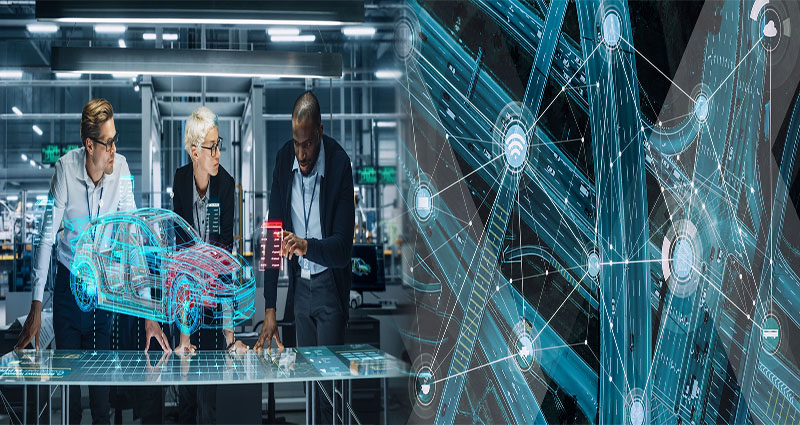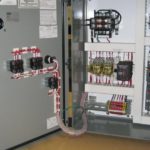The automotive industry is undergoing a rapid transformation driven by advancements in technology, particularly in the realm of connected car technology and the Internet of Things (IoT). The integration of IoT capabilities in vehicles is revolutionizing the driving experience, safety features, and overall connectivity on the road. Here are some of the key future trends in connected car technology and IoT that are shaping the future of transportation:
1. Vehicle-to-Everything (V2X) Communication
Vehicle-to-Everything (V2X) communication is set to become a game-changer in connected car technology. This system enables vehicles to communicate with each other, as well as with infrastructure, pedestrians, and other devices on the road. V2X technology enhances safety, traffic management, and overall driving efficiency by providing real-time information and alerts to drivers.
2. Autonomous and Semi-Autonomous Driving
Autonomous driving features, such as lane-keeping assistance, adaptive cruise control, and self-parking capabilities, are becoming more prevalent in modern vehicles. The integration of IoT sensors and connectivity enables cars to collect and process data to make informed decisions, leading to safer and more efficient autonomous driving experiences.
3. Predictive Vehicle Maintenance
Connected car technology allows for the implementation of predictive maintenance systems that track vehicle performance in real-time. IoT sensors can monitor various components of the vehicle, detect potential issues proactively, and alert drivers or service centers for preventive maintenance. This predictive maintenance approach can reduce downtime, minimize repair costs, and improve overall vehicle reliability.
4. Personalized In-Car Entertainment and Connectivity
The future of connected cars will focus on providing personalized in-car entertainment and connectivity options to enhance the driving experience. IoT integration will enable seamless connectivity with smart devices, streaming services, and personalized content delivery based on individual preferences. From interactive infotainment systems to voice control features, connected cars will offer a highly customized and engaging driving environment.
5. Enhanced Vehicle Security and Cybersecurity
As cars become increasingly connected and reliant on IoT capabilities, ensuring robust cybersecurity measures will be paramount. Future trends in connected car technology will focus on implementing advanced security protocols, encryption methods, and intrusion detection systems to safeguard vehicles from cyber threats and hacking attempts. Protecting sensitive data, preventing unauthorized access, and ensuring the integrity of vehicle systems will be top priorities for automakers and tech companies.
6. Integration with Smart City Infrastructure
Connected cars will play a crucial role in smart city initiatives by integrating with urban infrastructure and traffic management systems. IoT-enabled vehicles can communicate with traffic signals, parking facilities, emergency services, and public transportation networks to optimize traffic flow, reduce congestion, and enhance overall urban mobility. This seamless integration of connected cars with smart city infrastructure will lead to more efficient and sustainable transportation solutions.
The future of connected car technology and IoT promises to revolutionize the way we drive, commute, and interact with vehicles. By embracing these innovative trends and advancements, the automotive industry is poised to deliver safer, smarter, and more connected vehicles that enhance the overall driving experience and pave the way for a more connected transportation ecosystem.









